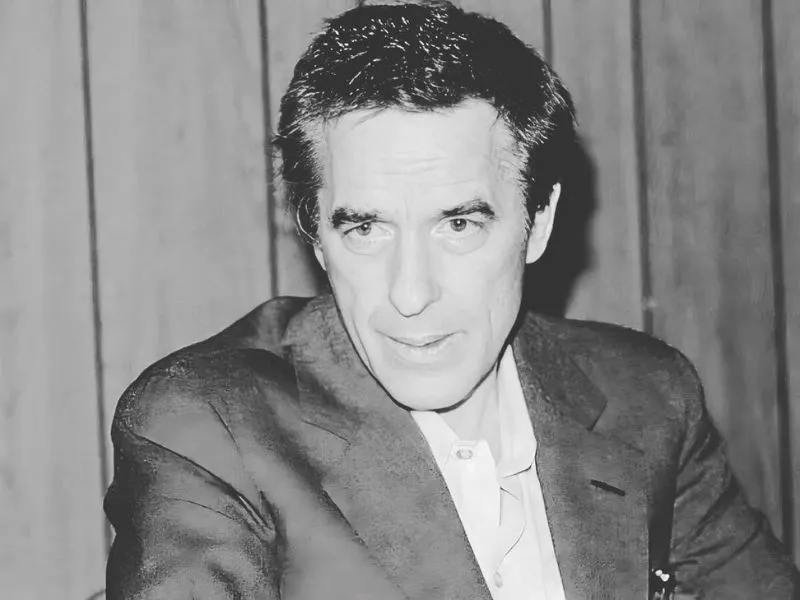John Cassavetes, a pioneering figure in the world of independent cinema, left an indelible mark on the film industry with his raw and unflinching portrayals of human emotion.
From his early days as an actor to his transition into filmmaking, Cassavetes challenged the conventions of traditional storytelling, paving the way for a new wave of artistic expression.
Through his collaborations and personal struggles, he became an influential filmmaker, leaving behind a powerful and enduring legacy.
Early Life and Acting Beginnings
John Cassavetes, who was born in New York City on December 9, 1929, was fond of acting since he was little. Almost inevitably, we see his diving into the acting world when he was still pretty young; this all started setting him up for an enormous career later. When he went to the American Academy of Dramatic Arts, he really understood into learning all he could about how to become a better actor; this included getting better at understanding characters –and making sure he stood out on stage; there is a profound and deep-seated certainty that studying different acting techniques and styles helped him grow.
In 1950, Cassavetes kicked off his acting career on Broadway, when he got his first job in the play ‘Detective Story.’ After that, his career really took off and kept going for many years. He wasn’t only stuck in one somewhat acting — the individual was everywhere. He nailed every somewhat role thrown at him, from extremely serious conflict characteristics to the funny, make-you-laugh comedy scenes. His performances were always on point, filled with genuine feelings that made people sit up and pay attention. A discerning reader, such as yourself, will surely comprehend this breadth in his experience spoke volumes about his talent. Due to his ability to adapt and thrive in any genre, there is unsurprisingly a potential to look into a vast array of emotional depth and human experience through his work.
John Cassavetes started off acting and learned a lot from it, which really helped him later when he started directing movies. Although it may seem incongruous, those experiences early on made an enormous difference in how he went about making films. He was focused on staying true and wasn’t afraid to challenge what people usually did in movies. One clearly can envision how important those beginning years were for setting up the success and influence he’d eventually have in the movie world. Cassavetes’ ability to stay true to authenticity and pushing the limits became what he was famous for in his filmmaking.
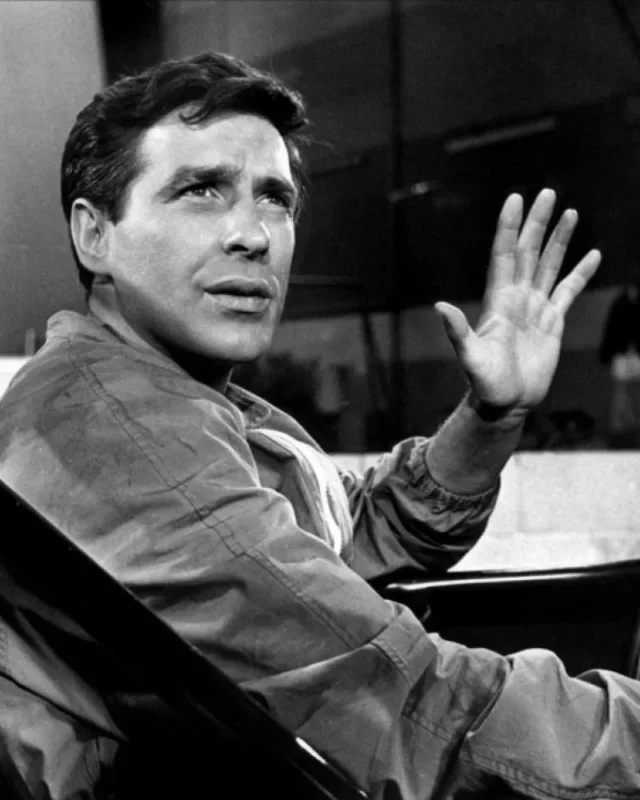
image source : facebook
John Cassavetes Body Measurements And Personal Details:-
Full Name:John Cassavetes
Date of Birth:December 9, 1929
Date of Death:1989-02-03
Birthplace:New York City
Birth City:New York State
Country:United States
Horoscope:Sagittarius
Father:Not Available
Mother:Not Available
Spouse:Gena Rowlands
Children(s):Nick Cassavetes, Zoe Cassavetes, Alexandra Cassavetes
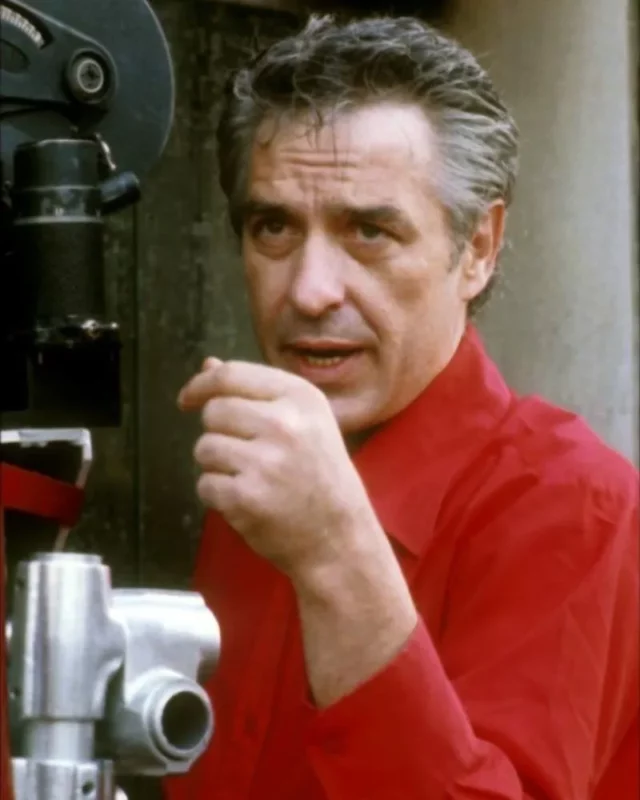
image source : facebook
Transition to Filmmaking
Cassavetes first made a name for himself as an incredible actor who could handle all sorts of roles–but then, he decided it was time to reconfigure things and dove into making his own movies. What made his films stand out was their real and honest tenor, showing what people felt without sugarcoating anything. He was focused on letting things flow naturally, even making up scenes on the spot so that the emotions would be genuine. You could say, in the late 1950s when he started, he really wasn’t following what everyone else in Hollywood was doing.
One may immerse themself in the knowledge that Cassavetes poured his heart into making movies that reflected real life, not only what looked good on screen. A discerning reader, such as yourself, will surely comprehend that his move from acting to directing was more than a mere career shift. It focused on bringing a true-to-life perspective to audiences, miles away from the polished fakes they were used to seeing.
Cassavetes’ debut feature film as a director, ‘Shadows’ (1959), was a breakthrough in independent cinema. Shot on a shoestring budget, the film explored interracial relationships and the struggles of aspiring artists in New York City. ‘Shadows’ received critical acclaim for its realistic and intimate portrayal of its characters, earning Cassavetes recognition as a unique and innovative filmmaker.
Throughout his career, Cassavetes never stopped challenging what filmmaking could be, diving into really tough and complex topics. His movies, ‘Faces’ (1968) and ‘A Woman Under the Influence’ (1974) for instance, really went deep into what human relationships are focused on, showing all the intense feelings and complicated dynamics we don’t usually discuss. Almost inevitably, we see how he wasn’t afraid to show things as they are. In doing so, there is unsurprisingly a potential to change how we think about and understand movies.
One mustn’t deny that Cassavetes changed the industry when it came to making movies by sticking to the real content and not following the usual path. Other people who make indie films look up to him even now because he was focused on staying true; the concrete and clear culmination of this is his significant mark on the industry, teaching a whole generation to capture true life on camera.
The Birth of Independent Cinema
When Cassavetes decided to get into making movies, he basically rewrote the rulebook. He wasn’t about following the well-beaten path of classic Hollywood movies. Instead, he dove into stories about real people doing real things. It’s abundantly obvious that he had a knack for bringing out the raw, genuine experiences people go through. He set the stage for other filmmakers who wanted to be independent and not only make the same old movie over and over again. We believe, as you might hold credence also, that his work opened doors and truly changed the industry for indie cinema. All in all, the individual was extremely important in starting this independent film movement.
In 1959, Cassavetes directed his first independent film, ‘Shadows,’ which became a landmark in independent cinema. Shot on a shoestring budget with a small, non-professional cast, the film depicted the lives of a group of African American siblings living in New York City. ‘Shadows’ showcased Cassavetes’ unique approach to filmmaking, which emphasized improvisation and naturalistic performances.
Although it may seem incongruous, Cassavetes always stuck to making indie films during his whole career. Films like ‘Faces’ (1968), ‘A Woman Under the Influence’ (1974), and ‘Love Streams’ (1984) were focused on showing really complicated feelings and breaking the usual storylines people expected to see. Because he never sold out his creative wisdom and kept to his true self, both critics and fans respected him; the upshot of this entire piece is, clearly, that his determination to
Stay true with his films made people admire him quite a bit.
One mustn’t deny that Cassavetes did a whole lot for indie movies. By being independent and not following the movie companies’ rules, he made it spectacular for other directors to also become extremely and personal with their stories; today, you can see his effect in relation to other directors who’re still focused on doing movies their way, outside of the main movie scene. The upshot of this entire piece is, clearly, that Cassavetes somewhat set the stage for future movie makers to get creative and change things in the movie world.
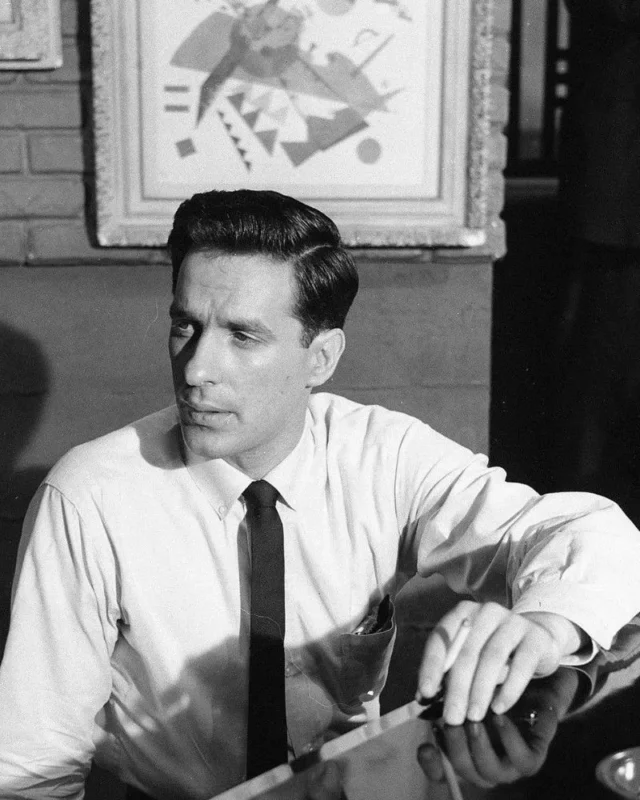
image source : instagram
Collaborations and Influences
One mustn’t deny that Cassavetes had a large stir in the movie scene thanks to his teamwork with jam-packed skilled filmmakers. In his career, he wasn’t solo — he rolled deep with actors and filmmakers pumping out films that felt real and hit hard in the feelings. A standout among these collabs was with his partner in life and work, Gena Rowlands. She was the star of the show in a lot of his projects, showcasing what makes Cassavetes’ way of shooting films so special. They dived deep into what makes people tick and stretched the usual ways of telling stories. We hope this piece may enlighten you about how their efforts brought something different to the table in cinema.
It may have once seemed unfathomable–but we know that Cassavetes changed how directors think about making movies. By focusing on making things up on the spot and keeping performances real, he broke the rules of how movies were usually made in Hollywood. This new way of thinking about movies motivated other directors, such as Martin Scorsese, Spike Lee, and Steven Soderbergh, to try new things and push movie storytelling to its limits. We hope this piece may enlighten on how Cassavetes left a mark on a whole generation of filmmakers by being independent in the concentrated environment, or world, of independent cinema.
Cassavetes was a leader in acting too, aside from teaming up with other filmmakers and inspiring them. He was in ‘Rosemary’s Baby’ and ‘The Dirty Dozen,’ proving he could kill it as an actor and behind the camera. One clearly can envision how multitasked he was; the hermetic result of this was his showing off his skills all over Hollywood.
Check out body measurements of other actresses
| jay baruchel measurements |
| holly sonders measurements |
| jacob vargas measurements |
| julian mcmahon measurements |
| julianna margulies measurements |
Personal Struggles and Artistic Vision
The upshot of this entire piece is, clearly, that John Cassavetes used his tough times and inner battles to shape the movies he made. His style was focused on real and intense feelings because he put a significant quotient of his own life into his work. We can take as a definite certainty that all the problems Cassavetes went through played an enormous part in making his art so deep and true-to-life.
Cassavetes’ conflict with drinking shaped his art a lot; the things he went through in his personal life because of his addiction showed up in his movies too. In many of his films, he showed people fighting with their own addictions and doing things that hurt themselves. One mustn’t deny that his way of showing the tough and dark sides of people became something he did a lot in his work. Almost inevitably, we see how his personal conflict turned into an enormous part of the stories he told.
Cassavetes usually had issues with money since he paid for his films himself, which made him short on cash to work with–but instead of giving up, these struggles made him think out of the box. We can take as a definite certainty that his style got more free and creative, letting actors really become their characters and make everything feel real. He faced money knocks his whole career. We can easily see that it’s abundantly obvious that these challenges didn’t stop him but actually sparked his creativity and partially caused a special, rare way of making movies.
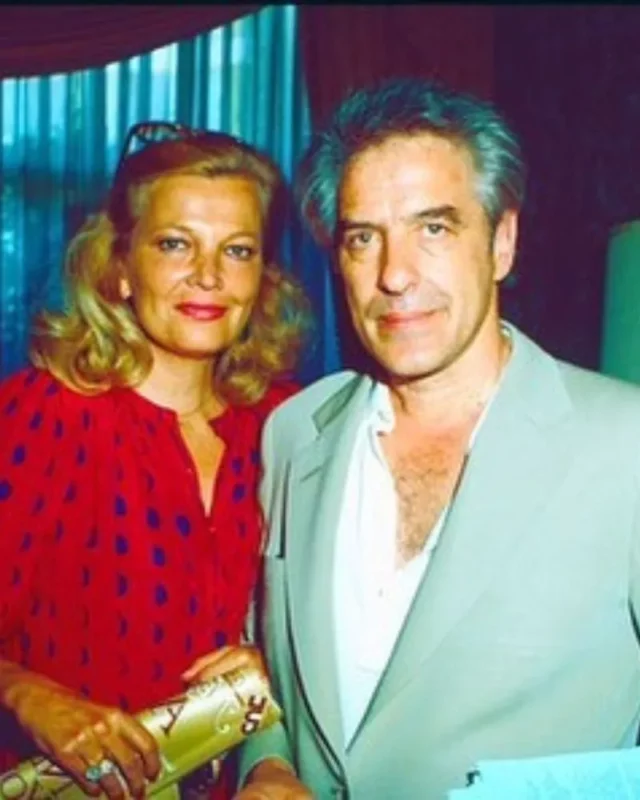
image source : instagram
Legacy and Impact
John Cassavetes changed the industry in cinema by doing things his own way. Although it may seem incongruous, his movies were focused on real talk and personal stories, which wasn’t what Hollywood was used to. It’s through these deep dives into characters –and making actors go off-script that Cassavetes left his mark. Almost inevitably, we see how he’s opened doors for other directors to get creative in their work. His bold moves challenged what movies could be, ensuring his insightful impact remain.
Cassavetes’ commitment to capturing the complexities of human emotion and interpersonal relationships resonated with audiences and filmmakers alike. His films, such as ‘Faces’ (1968), ‘A Woman Under the Influence’ (1974), and ‘Opening Night’ (1977), continue to be praised for their authenticity and emotional depth. Through his work, Cassavetes pushed boundaries and encouraged a more personal and intimate form of storytelling.
Furthermore, Cassavetes’ impact extends beyond his own films. His influence can be seen in the work of contemporary filmmakers such as Martin Scorsese, Paul Thomas Anderson, and the mumblecore movement. His emphasis on character-driven narratives and naturalistic performances has become a hallmark of independent cinema.
In recognition of his contributions to the film industry, Cassavetes received numerous accolades, including several Academy Award nominations. He also inspired a new generation of filmmakers to challenge conventions and embrace the power of storytelling. John Cassavetes’ legacy as a visionary filmmaker and his enduring impact on cinema will continue to inspire and shape the art form for years to come.
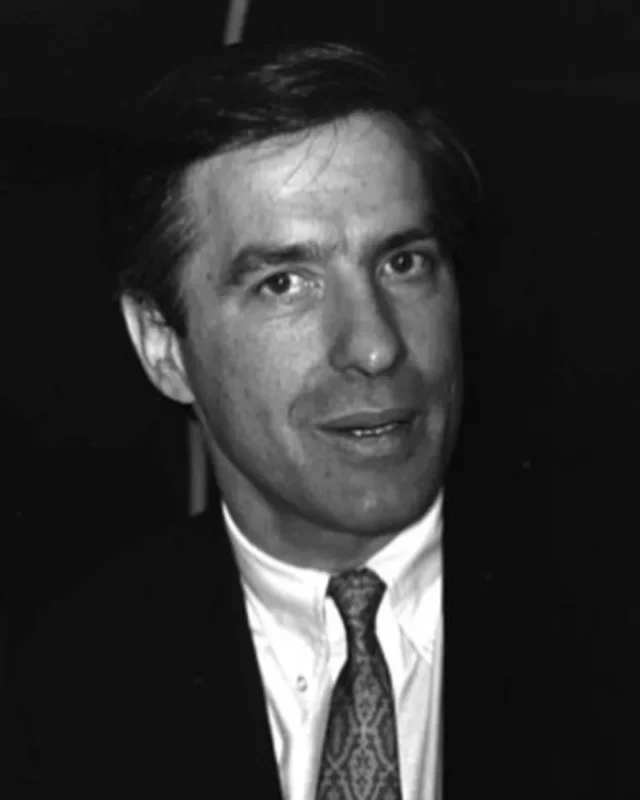
image source : instagram
Conclusion
John Cassavetes changed the industry with how movies are made, by being real and original. He worked with a significant quotient of people and made a large mark on films forever. Next we engage in an intense examination of how he was of significant consequence in indie movies; there is a profound and deep-seated certainty that he was extremely important for making movies the way they are today.
Cassavetes never gave up on his art, even when things got tough. We can easily see that it’s abundantly obvious that his movies shake up and inspire people, even now. A discerning reader, such as yourself, will surely comprehend that his mark as an actor and filmmaker ain’t going away anytime soon in movie history.
